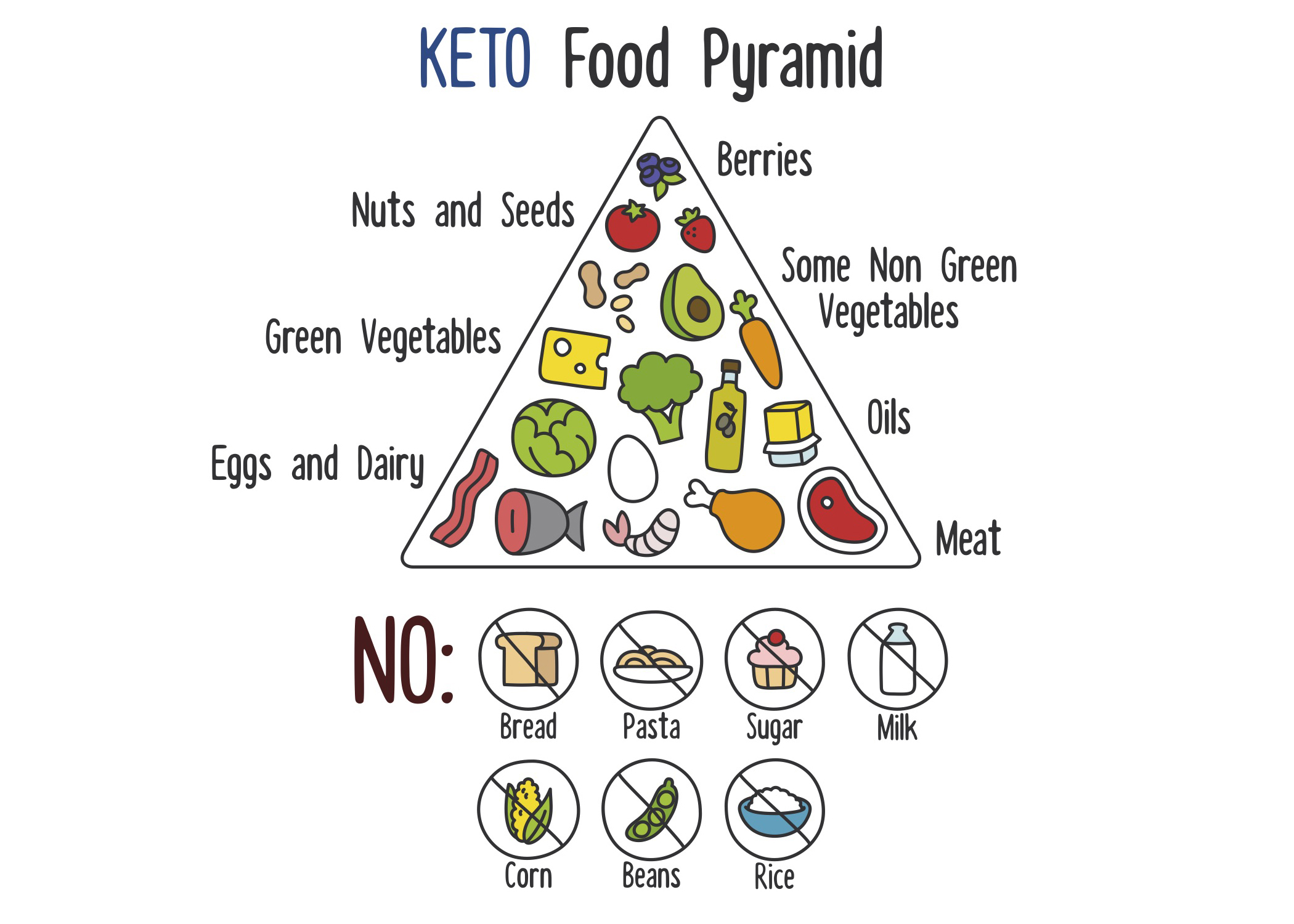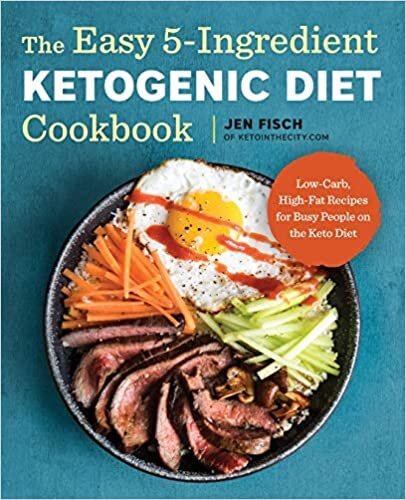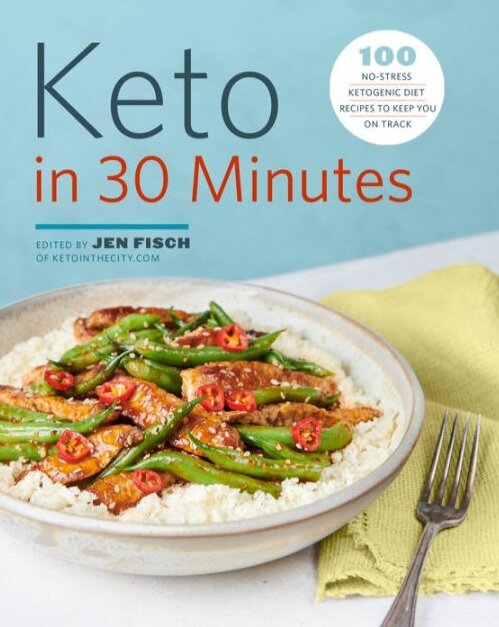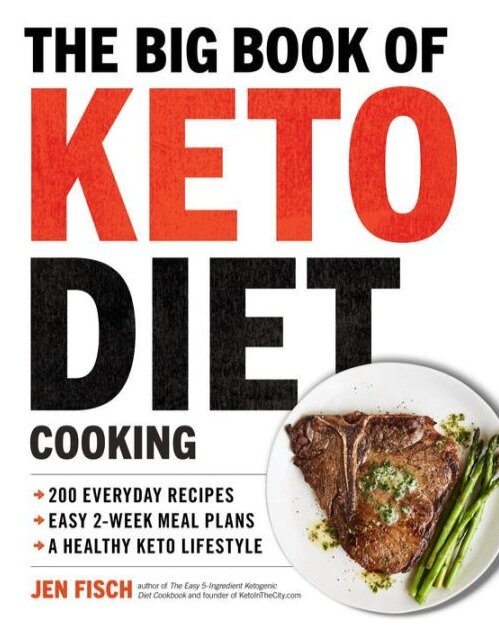KETO FAQ’S
Image is from ruled.me
WHAT IS KETO?!
The ketogenic diet is a high-fat, moderate protein, low-carbohydrate way of eating. By restricting carbs and sugar the body goes into a state of ketosis, which is where the body burns fats/ketones instead of glucose/carbs/sugar. When there are very little carbohydrates in one's diet, the liver converts fat into fatty acids and ketone bodies. The ketone bodies pass into the brain and replace glucose as an energy source, it is this elevated level of ketone bodies in the blood, which is known as ketosis.
When first starting a ketogenic diet you want to calculate your "macros", I use this one from Perfect Keto. Your ratios should be close to 5% carbs, 20-25% protein, and 70-75% fat. The ketogenic diet is not a high protein diet. If you eat too much protein it can turn to glucose, so it is essential to understand that this is a high fat way of eating.
Personally I eat under 20 grams of Net Carbs per day. Some people calculate actual carbs, not Net Carbs, it is a personal choice. Net Carbs are when you subtract the total Fiber from the total Carbs. So 1 cup of broccoli has 6g of carbs, but 2g of fiber, so the net carbs for that broccoli would be 4g. It is very helpful in the beginning to track all of your food with an app like My Fitness Pal, Carb Manager, or something similar. You can set the preferences to your macro settings.
FATS
Image is from sukrin
The types of fats you eat are very important, they are not all created equal! Saturated Fats (coconut oil, ghee, grass-fed butter, sour cream etc...), Monosaturated Fats (avocados, olives, macadamia nuts), Polysaturated Omega-3s (salmon- my fav!), and Medium-Chain Triglycerides (MCTs) are the GOOD FATS! Those nasty Refined Fats/Oils (corn oil, canola oil) and Trans Fats (margarine) are the BAD FATS!
PROTEINS
You also want to eat high quality proteins. I personally buy grass-fed meats, wild caught seafood and pasture raised eggs. These all contain higher levels of Vitamins than if you purchase cheaper options. Factory-farmed meat and seafood are much lower in nutrients and may also contain nasty preservatives/nitrates which can cause a lot of issues in your body like inflammation and have even been linked to cancer.
VEGGIES
As for veggies, again Organic is always best. For me the whole reason I started Keto was to reduce systemic inflammation, so eating unnecessary chemicals doesn't make sense to me. Avoid starchy veggies (potatoes, beans, corn, yams, etc...), better choices are things like celery, squash, asparagus, cauliflower (you can do so much with cauliflower!!!), and Brussels sprouts. You can google plenty of lists that show carbs counts for every veggie.
For more Keto EAT THIS, NOT THAT check out the list Men's Health put together, it's super comprehensive and easy to understand.








